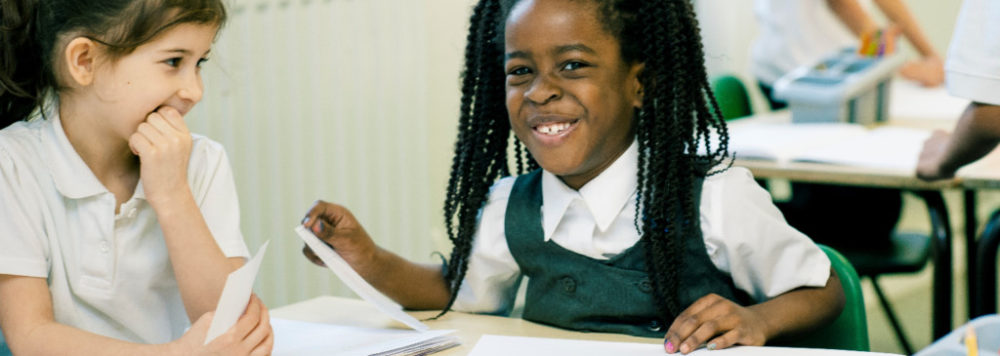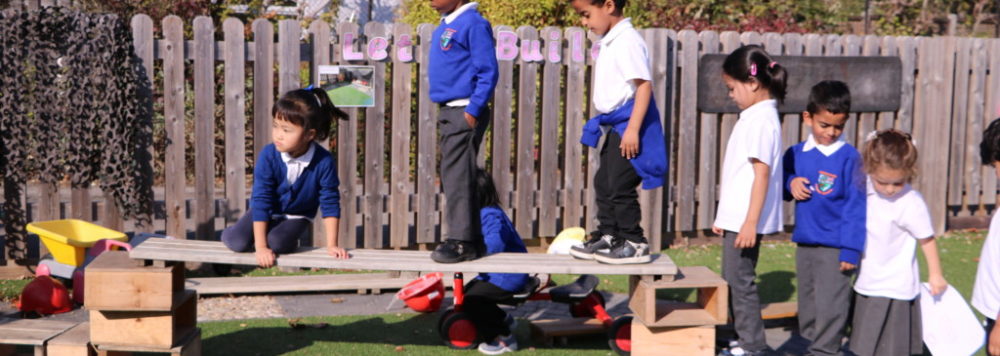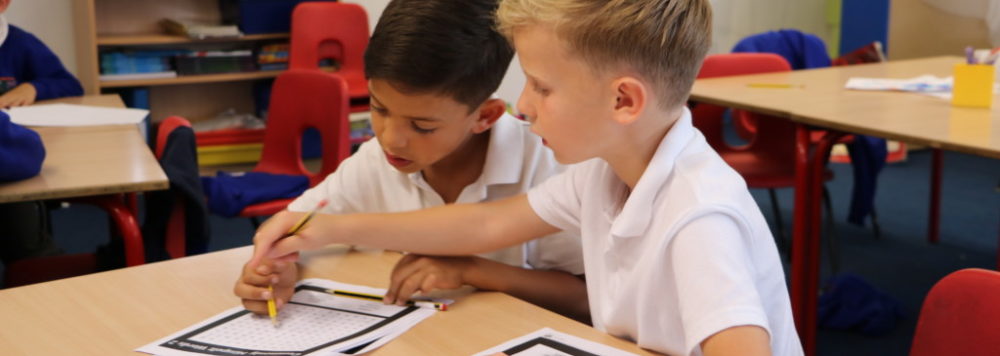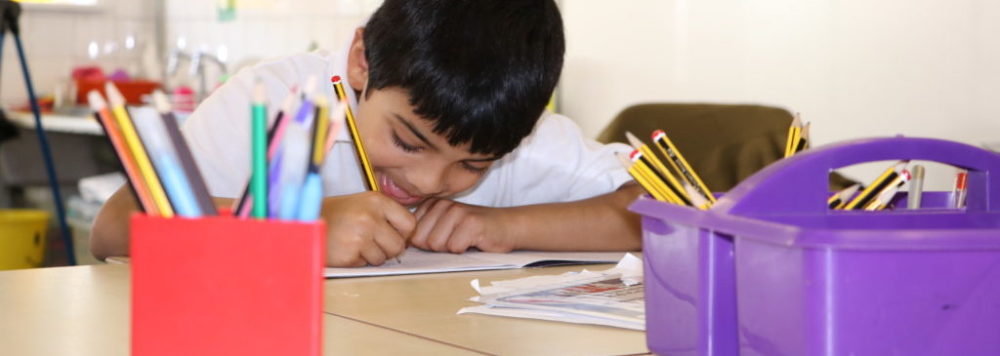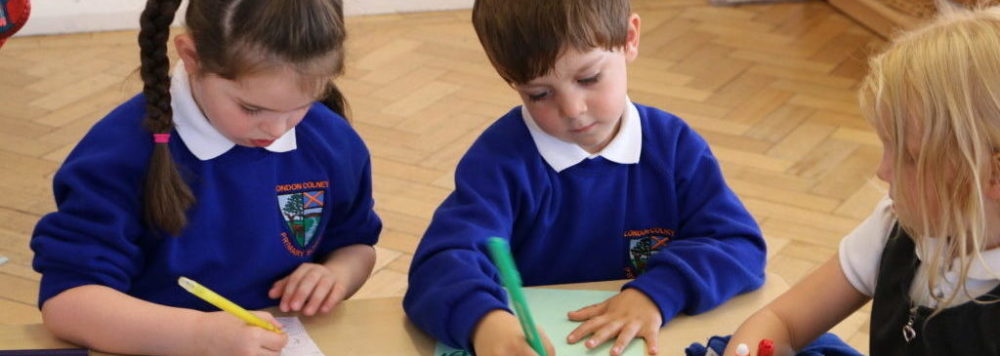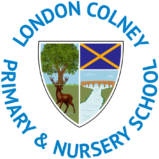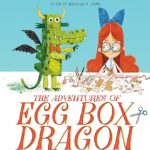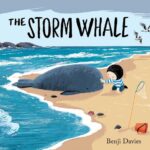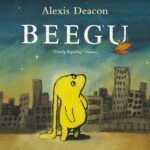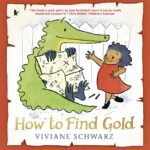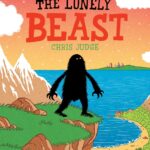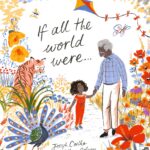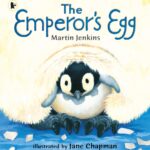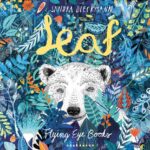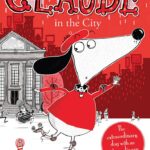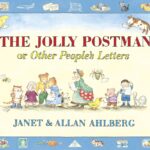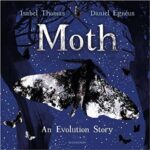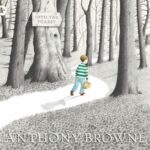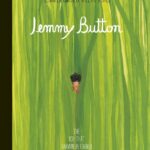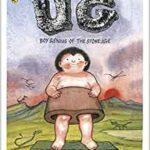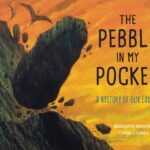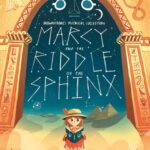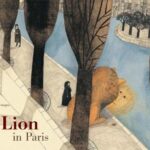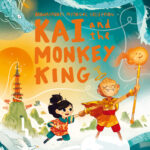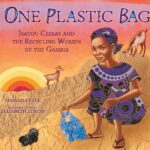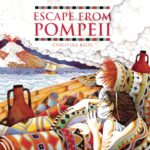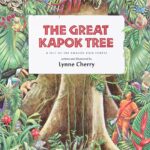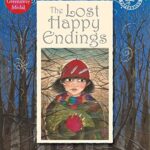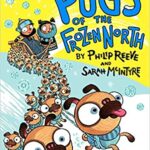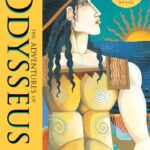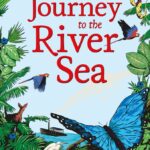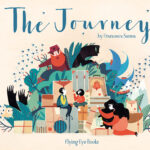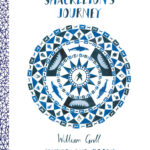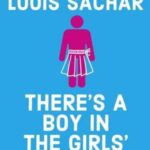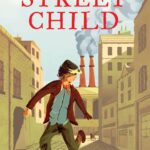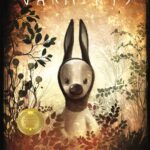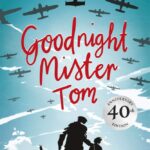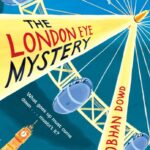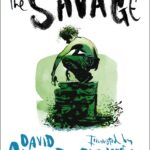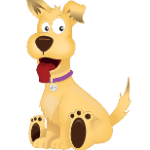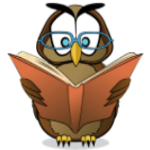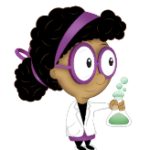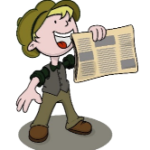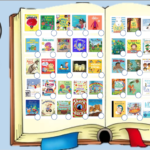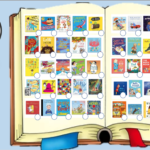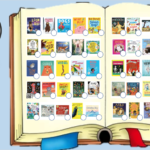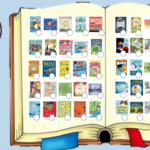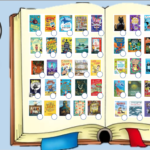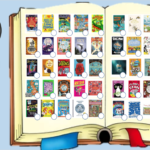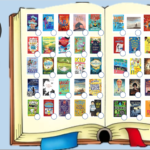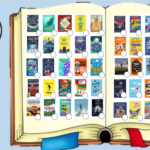At London Colney, we provide an appropriate, inclusive, engaging English curriculum. The development of children’s language is crucial to their success across the curriculum. We want all children to be excellent communicators, to listen actively and to speak with confidence. At London Colney, children are helped to develop a love of reading and to become skilful and imaginative writers. During all lessons across the school, children have the opportunity to develop their spoken language capabilities and improve their listening skills through a wide range of activities
Reading
“The way reading is prioritised and organised in this school is highly inspirational and will lead to high quality outcomes across the school, which will further enhance achievement across the curriculum. Senior leaders are excellent role models in the teaching of reading and are well placed to coach others.” – Hertfordshire Improvement Partner
Reading is placed at the heart of all we do here at London Colney. We know the importance of not only getting children reading fluently as early as possible but also to enjoy what they are reading. We know that the ability to read unpins the rest of our taught curriculum and that enjoying stories and texts allows our pupils to journey within and beyond what they know.
Reading is taught both discretely and as a component of the Teaching Sequence for Writing. Children are given the opportunity during some English lessons to read texts for meaning, infer perspectives and authorial intent, use what they have read as a model for writing and build vocabulary. As well as this, strategies recommended by the CLPE are also used in teaching, linked to our core texts. To enhance this, reading is also taught during daily, 30 minute Book Look sessions or Daily Supported Reading (DSR) sessions. and within our daily phonics lessons. In these sessions, children are taught to develop their higher order reading skills.
Other opportunities for reading include:
- Dictionary skills – in all subjects
- Library skills; Children are taught to use the library system and to care for the books and make sure they are always returned to the appropriate place.
- Research skills including use of contents, index, etc. They are taught to use a wide range of sources so that they become competent and confident users of a variety of resources. We also ensure that the resources we provide contain the information they are searching for and are updated regularly and include the use of ICT for research.
- All children are read aloud to regularly from a selection of contemporary and classic texts.
- Each week, children have timetabled slots to read texts from the book corners. Book corners contain a wide variety of texts and the school subscribes to several magazines and newspapers which are used in book corners. Children are regularly consulted about texts they would like in their class.
- Each child has a reading record book, which is signed weekly by the class teacher and parent. It is expected that the children will read at home with their parents for a minimum of 20 minutes every day. As a school, we use home reading texts linked to our Daily Supported Reading sessions and Ruth Miskin RWI texts that link directly to our teaching of phonics.
- In order to enhance the reading culture in school, the London Colney has forged several effective partnerships. Book fairs are regularly held in school and several classes visit the local library. International and national book days are celebrated in school and authors and poets visit school.
You may find the following documents useful with helping your child with learning to read, reading to learn and developing a love of reading:
- Reading Skills Linked to Book Bands (120.86KB)
- Reading at Home - Parent Presentation (80.91KB)
- How To Hear Children Read (743.12KB)
- Reading Skills (260.53KB)
- London Colney Reading Policy (640.64KB)
Core Texts
As a school, we work hard to carefully select, plan for and use quality and enriching core books across our curriculum. These books are at the centre of our units of work and topics within each year group and we aim to ensure that our pupils know these books well before they transition to the next academic year. Following a review of our English curriculum, we have worked to ensure that the books we use are rich, inclusive and diverse, allowing our pupils to see themselves in the books we use and stories we read. Here are our core texts for each year group …
- Y1 Core Text
- Y1 Core Text
- Y1 Core Text
- Y1 Core Text
- Y1 Core Text
- Y1 Core Text
- Y2 Core Text
- Y2 Core Text
- Y2 Core Text
- Y2 Core Text
- Y2 Core Text
- Y2 Core Text
- Y3 Core Text
- Y3 Core Text
- Y3 Core Text
- Y3 Core Text
- Y3 Core Text
- Y3 Core Text
- Y4 Core Text
- Y4 Core Text
- Y4 Core Text
- Y4 Core Text
- Y4 Core Text
- Y4 Core Text
- Y5 Core Text
- Y5 Core Text
- Y5 Core Text
- Y5 Core Text
- Y5 Core Text
- Y5 Core Text
- Y6 Core Text
- Y6 Core Text
- Y6 Core Text
- Y6 Core Text
- Y6 Core Text
- Y6 Core Text
Our Reading Skills
Within our English lessons, Book Look sessions and Daily Supported Reading (DSR) sessions, we teach, develop and refer to the key skills necessary to make children confident and successful readers. These skills are linked to reading characters who the children know well by the time they leave London Colney. We are pleased to introduce you to …
- Rex Retriever
- Doug Detective
- Victor Vocab
- Pippa Predictor
- Anna Analyser
- Sam Summariser
| Years 1 and 2 | Years 3 and 4 | Years 5 and 6 | |
| Rex Retriver |
|
|
|
| Doug Detective |
|
|
|
| Victor Vocab |
|
|
|
| Pippa Predictor |
|
|
|
| Anna Analyser |
|
|
|
| Sam Summariser |
|
|
|
Reading Challenges
As well as teaching children how to read, we also want them to be inspired to read and develop a love of stories and books. To support with this, we have devised our own Reading Challenges for each year group. We have worked to carefully select quality, inclusive and diverse texts for each year that will promote a love of reading. Children in each year group are set the challenge of reading all of the reading challenge texts for their class by the end of the year. Want to help your child further? Why not purchase or borrow some of the texts from your child’s reading challenge to have at home?
- Nursery
- Reception
- Year 1
- Year 2
- Year 3
- Year 4
- Year 5
- Year 6
Writing
- Writing-Skills-Progression-london-colney.pdf (722.12KB)
Planning writing is organised around the Teaching Sequence for Writing. This provides a clear learning sequence using a model text as the starting point to engage, exemplify and practice skills before progressing into extended writing episodes; this includes opportunities for drafting, editing and publishing writing.
Writing has a high profile in the curriculum and opportunities for writing are frequent and varied. Writing forms a key part of all subjects across the curriculum. All children get the opportunity to write for an extended period of time each week. As well as this, the writing curriculum is such that at times, writing is taught directly to pupils. This includes the teaching of writing and language skills for example technical vocabulary, spelling, grammar and punctuation. As with the reading, writing instruction is differentiated according to the needs of the children.
The teaching sequence includes opportunities for several different styles of teaching.
These include: modelled writing, shared writing, guided writing, paired writing and individual writing.

